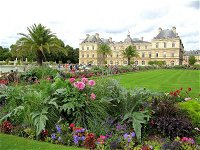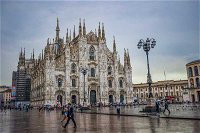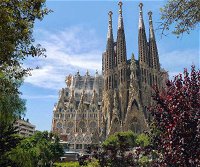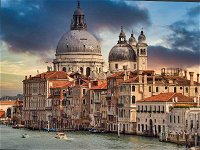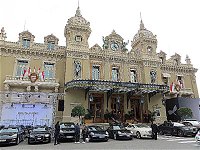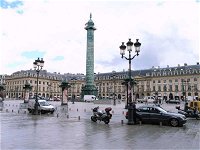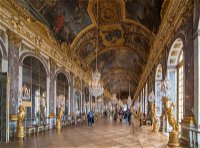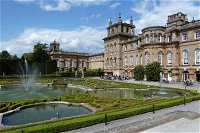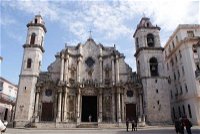
Going For Baroque Trivia Quiz
Of the ten buildings featured in this quiz, most of them are Baroque, so you'd do best to assume. That said, can you identify which of them exhibit this architectural style and which just seem rich alternatives? Good luck!
by kyleisalive.
Estimated time: 3 mins.
